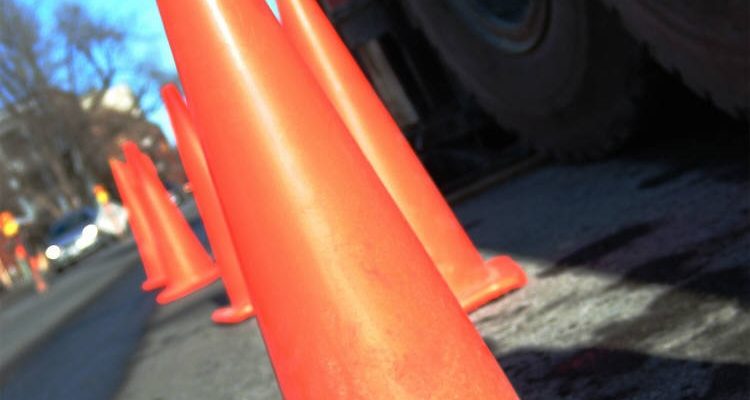The Philadelphia Inquirer
by Juliana Feliciano Reyes
Apr 5, 2023
The lawsuit, against Joe Carvalho of Carvalho Construction, represents an escalation of the city’s efforts to enforce wage theft violations.
For the first time in seven years, the City of Philadelphia has sued an employer who broke the city’s wage theft law.
The lawsuit represents an escalation of the city’s efforts to enforce its 2016 wage theft law. In some cases, it can take years for workers to get paid after they win a wage theft claim; some never get paid at all.
The Law Department, which hired a dedicated attorney last spring to handle these kinds of cases for the Department of Labor’s Office of Worker Protections, has begun taking legal action “to force bad actors into compliance,” a spokesperson for the Office of Worker Protections said in a statement. Lawsuits are “an avenue of last resort,” the spokesperson said.
Bad actors are employers that broke the law but refuse to comply with city orders and pay workers what they’re owed. More than 90% of employers that have broken the law comply, the spokesperson said.
The city filed a complaint in Common Pleas Court earlier this year against Joe Carvalho, a Philadelphia construction company owner who the city says broke its wage theft law twice.
In March 2021, Carvalho didn’t pay an employee for eight days of work, owing him $1,105 in wages and overtime, a city investigation found. Carvalho had said he would pay the worker $130 per day.
The following month, the worker repeatedly asked for his pay and Carvalho ignored the texts or “responded with curse words,” according to a city violation notice.




